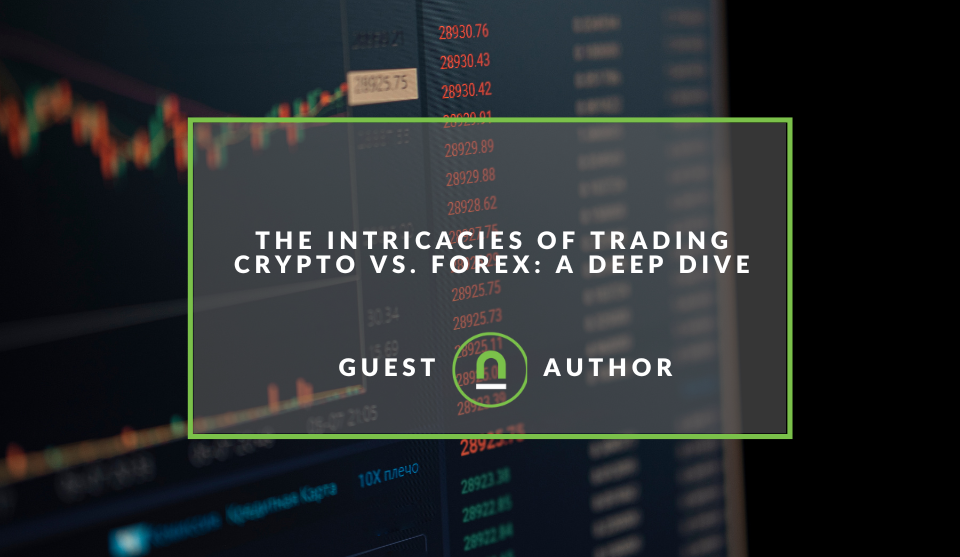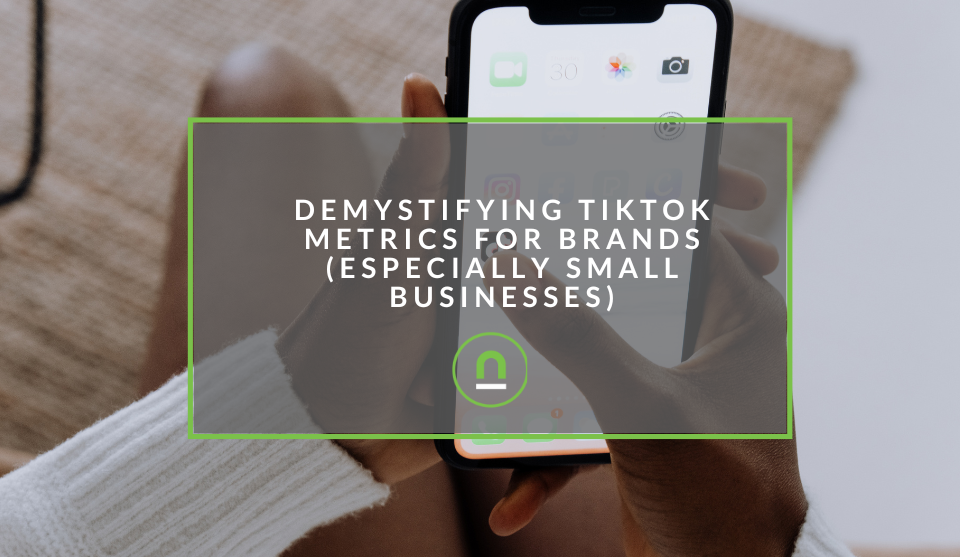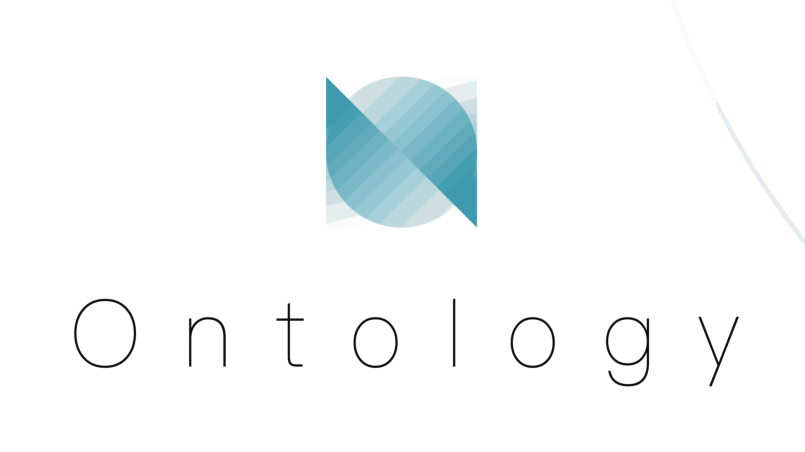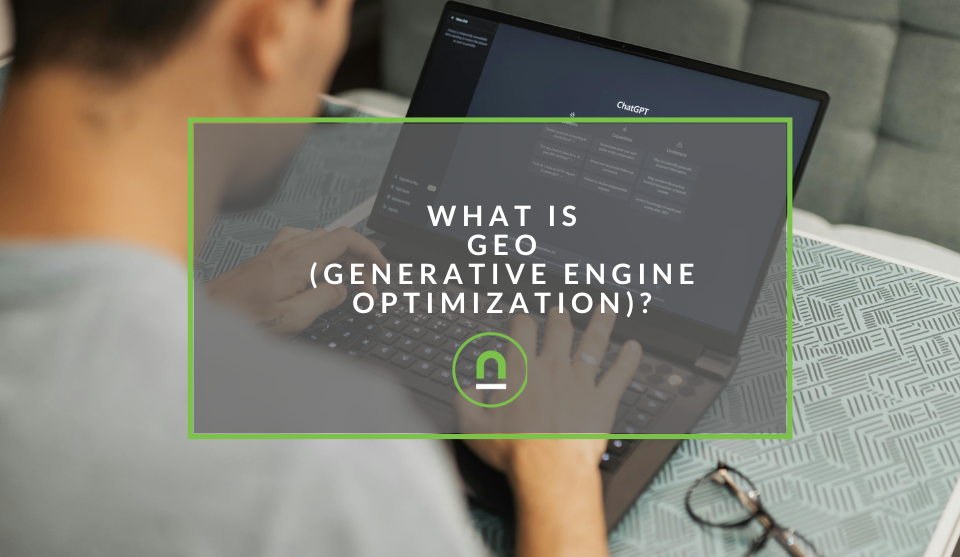Recent posts

Money Talks
The Intricacies of Trading Crypto vs. Forex
03 April 2024

Industry Experts
5 Effective Ways to Drive Traffic to Your Website
19 March 2024

Fur, Fins & Feathers
How To Maintain Your Dog’s Oral Hygiene At Home
14 March 2024

nichemarket Advice
Demystifying TikTok Metrics for Brands (Especially Small Businesses)
13 March 2024
Popular posts
Extravaganza
Trending Music Hashtags To Get Your Posts Noticed
24 August 2018
Geek Chic
How To Fix iPhone/iPad Only Charging In Certain Positions
05 July 2020
Extravaganza
Trending Wedding Hashtags To Get Your Posts Noticed
18 September 2018
Money Talks
How To Find Coupons & Vouchers Online In South Africa
28 March 2019
What Is Ontology (ONT)?
01 May 2018 | 0 comments | Posted by Che Kohler in Money Talks
If there is one space where blink and you might miss it is grossly apparent, then its the world of cryptocurrency. New projects are created, funded and forked every month and while many of them are carbon copies or simply niche targetting currencies every so often we get something different.
A project that takes the concept and technology behind blockchain wants to solve not only specific worldly issues but improve support and adoption of blockchain on the hole. One such cryptocurrency making waves in the market right now is Ontology, which describes itself as a new public multi-chain project that provides distributed trust collaboration via its platform.
What a fancy pants description you have there but what does it all mean Basil? When it comes to public blockchains, one of the more pressing issues these days is scaling. No public blockchain can properly scale to enterprise-grade levels in their current form we've seen evidence of this with Bitcoin and the Bitcoin Cash fork, there is no real consensus on how to achieve scalability.
Ontology aims to address that problem by introducing a new high-performance blockchain which serves as a distributed trust collaboration platform.
What is Ontology (ONT)?
Launched by Chinese company Onchain in 2017, Ontology is a public platform for projects of all shapes and sizes and looks to remove the barrier between blockchain and business sector in order to promote mainstream adoption. Ontology's unique selling point is that it allows businesses without previous knowledge of distributed networks to use blockchain technology.
As of right now, for a business to migrate from a centralised system to a decentralised system it will be extremely hard and very expensive. There is simply no way for businesses to integrate blockchain into their infrastructure without extensive knowledge of blockchain and taking on significant risk. Also, blockchain still has plenty of problems it needs to iron out from its current incumbent before businesses trust it with its data.
Current trust networks face a variety of issues. Poor privacy protection, untapped data value, data management monopolization, and ineffective identity authentication are all opportunities for blockchain. Ontology looks to resolve all these issues with its solid trust ecosystem.
Why should you pay attention to Ontology?
Ontology’s genius is in their construction of a system that provides easy implementation and development of DLT solutions for a variety of industries. They provide the building blocks. The blocks, Ontology Common and Ontology Custom, are described in their recently released Ecosystem White Paper.
Ontology’s
ONT ID:
ONT ID is a verification service for people, businesses, corporations, and other legal entities, as well as physical objects like IoT devices and mobile phones. At all times, entities maintain control over their ID and are responsible for signing their private key to permit its use. Users can also grant management rights to others. In our hospital, every doctor, patient, and service provider would have an ID, as well as equipment within the hospital. All verified and secured with the blockchain.
The Trust Trees:
If you’re running a hospital, you need to be able to issue trust within your ecosystem. You need to verify your employees and other entities that you work with. This verifies that actors within the industry are who they say they are. Ontology provides two solutions:
Centralized Trust Trees: One entity can apply for a certificate to be a trust anchor. The certificate is created when an entity registers and verifies their personal information on the blockchain. Once they’re an anchor, they can issue trust to others. The recipients can also issue trust to others, but it’s all traceable back to the original anchor. This creates a tree-like structure where originating from the anchor are branches of entities entrusting others. This model would work well for an entity like a hospital.
Decentralized Trust Trees: Unlike the above where a centralized entity issues trust and provides the credibility for the whole tree, this model allows for trust and reputation to instead be based on how relevant you are within the network. The more authentication you receive from others, the more credibility you will have.
zk-Snarks
Zero Knowledge Proofs (proving you have information without revealing said info), claims can also be verified without being made public. Perhaps you want to prove that you are in fact over 18, without publicizing other private details like your address or birthday. Today, you do this every time you show your ID. With Ontology’s Zero-Knowledge Proofs, the network can confirm that you are 18-years-old without you ever disclosing additional details.
Partnerships Ontology has struck up the following partnerships in a bid to help support their project.
NEO – ONT tokens is modelled after NEO. Same way NEO holders get the NEO GAS for holding NEO, ONT GAS is also given to holders of ONT tokens.
Decentralized Identity Foundation (DIF) – The first Chinese project in the Decentralized Identity Foundation which includes Microsoft, IBM, and IOTA is also an active partner of the Ontology project.
WHAT IS Ontology USED FOR?
Ontology plans on augmenting traditional businesses with blockchain features, it’s understandable that their specific use cases are somewhat nebulous. The key focus, for now, is to provide users with a way of verifying their identity using a slew of information provided from across the Internet.
This trusted network is available to any company looking to add a layer of additional identity protection to their systems. As all the information is stored on the blockchain, and therefore both immutable and secure, it drastically cuts down on potential identity fraud cases.
Once the blockchain aggregates this information, it hides non-pertinent data points. That partially hidden information is then given to service providers at the request of the originating user. This can be useful for specific situations, such as medical, where some information is critical to the service – while the user would still prefer to avoid sharing everything.
Various modules created by the ONT team allow companies to use information gathered from these identity pools. This includes statistical information on a group level but also scoring information for individuals. This opens new vectors for credit and social scores.
Decentralized applications are also native to the Ontology blockchain. Apps like ONTO allow users to control their collected information. They can use it as a form of digital ID for validation of assets. On a larger scale, the ONT Distributed Data Exchange Framework creates a full marketplace for this extremely valuable data.
Can you mine Ontology?
No, Ontology (ONT) is a Token built on the NEO platform and cannot be mined. Once the Ontology network is live it will make use of NEOs dBFT as a way to secure the network, this is a modified version of Proof of Stake (PoS).
Can you earn Ontology?
Trading
Ontology (ONT token) users can earn digital currency via exchanges. Users can earn tokens through trading on different fiat and cryptocurrencies and take advantage of market fluctuations.
Airdrop
If you were an NEO investor you would be eligible to receive 0.2 ONT tokens for every NEO token you own. 50% of your allocation can be traded immediately while the other 50% was locked. If you have not yet claimed your ONT tokens you can still do so as long as your NEO was bought and held before the blockchain snapshot date at block height 1974823. Exchanges like
Where can you buy Ontology?
Ontology is listed on a few international cryptocurrency exchanges and is actively traded on websites like:
Should you invest in Ontology?
Ontology aims to combine technology with sociology and consumer behaviour in a unique way in order to replace the current lengthy ways we gain trust and bring us forward with blockchain automation of trust an interesting concept that I feel was merit and worth pursuing. Ontology and their ONT token offer an entry point for businesses – particularly those in China that may feel blockchain is still risky, given their government’s current attitude. Additional adoption, particularly in this area of the world, can only help investors globally.
For more on Ontology check out their website
Contact us
If you want to know more about cryptocurrency don’t be shy we’re happy to assist. Simply contact us
Disclaimer: This article should not be taken as, and is not intended to provide any investment advice and is for educational purposes only. As of the time posting the writers may or may not have holdings in some of the coins or tokens they cover. Please conduct your own thorough research before investing in any cryptocurrency as all investments contain risk.
Tags: Cryptocurrency, Blockchain
You might also like
The Intricacies of Trading Crypto vs. Forex
03 April 2024
Posted by Josh Welman in Money Talks
A deep dive into the differences between the forex and cryptocurrency markets, along with the nuances you have to consider if you trade these two ass...
Read moreWhat Is GEO (Generative Engine Optimization)?
01 March 2024
Posted by Che Kohler in nichemarket Advice
An introduction to generative engine optimisation, how it works and how it could be part of future SEO strategies as a way to generate traffic and co...
Read more{{comment.sUserName}}
{{comment.iDayLastEdit}} day ago
{{comment.iDayLastEdit}} days ago
 {{blogcategory.sCategoryName}}
{{blogcategory.sCategoryName}}

